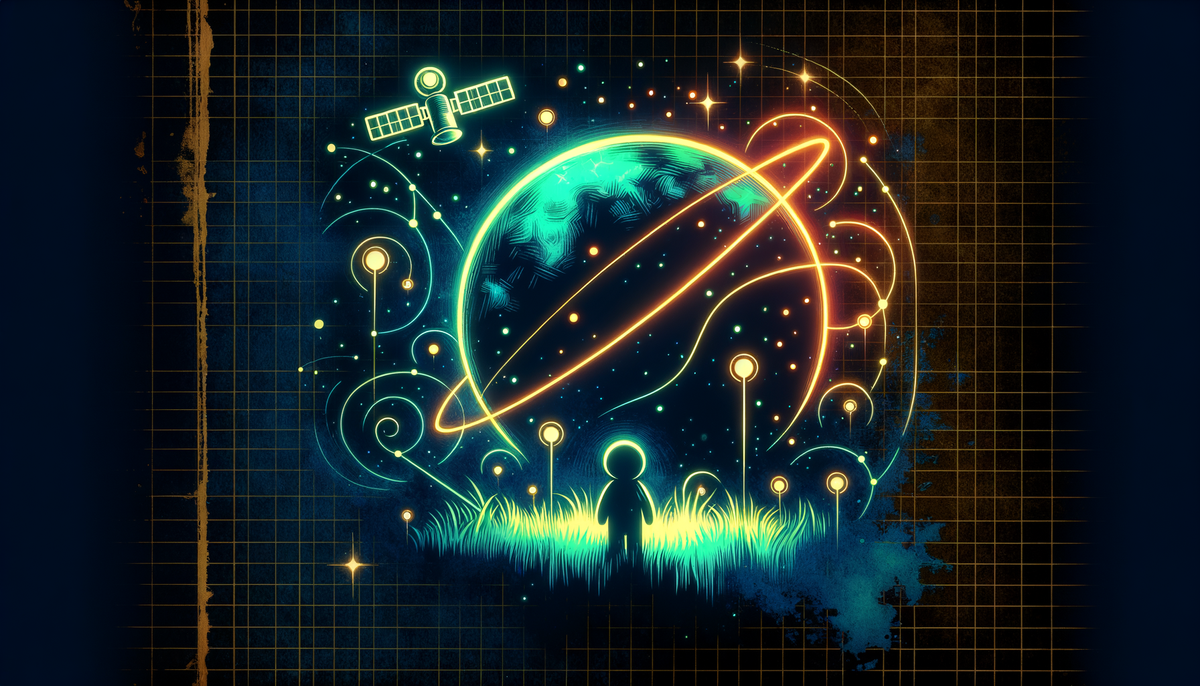Exploring the Impact of AI on Society: Benefits, Challenges, and Innovations

Artificial intelligence (AI) stands as a beacon of transformative potential, promising to reshape various spheres of human endeavor, from education and communication to cognitive engagement and societal norms. From providing personalized educational experiences to unveiling the earth's 'smartest' chatbot, the implications of AI advancement are profound. However, as AI strides forward, it simultaneously raises profound questions, such as whether it enhances or diminishes our cognitive faculties and how it can accurately capture the subtlety of human emotions.
Transforming Education with Artificial Intelligence
In the realm of education, AI is heralded as a revolutionary force, paving the way for customized learning experiences that cater to individual student needs. As shared in "AI in Education: Benefits, Use Cases, Challenges, Cost & More", the adaptability of AI in molding teaching methods and content is a game-changer, offering a tailored educational journey that seeks to enhance engagement and efficacy.
AI applications in education are myriad, with intelligent tutoring systems providing real-time support and predictive analytics aiding educators in identifying at-risk students. Furthermore, AI-driven assessments promise to generate insights with greater speed and accuracy compared to traditional methods, closing the feedback loop for both educators and learners.
Nevertheless, the integration of AI in this field is not without its challenges. Concerns about data privacy loom large, and there is the specter of an over-reliance on technology. The sheer cost of implementing AI systems can also be prohibitive for many institutions. As these technologies evolve, the education sector faces a delicate balancing act, striving to harness the powers of AI while mitigating its risks.
It is worth noting that AI.Biz has examined similar societal impacts, emphasizing the promise and pitfalls associated with widespread AI adoption.
Elon Musk's New AI Frontier with Grok 3
No discussion on cutting-edge AI would be complete without mentioning Elon Musk, a luminary whose ventures continue to shape the technological landscape. His latest endeavor, the Grok 3 chatbot, is touted to be the "smartest AI on Earth," promising a radical upgrade in conversational AI capabilities.
The objective of Grok 3 is to foster a more human-like engagement, pushing the envelope of AI interaction. This evolution begs the question: can AI truly replicate the nuances of human conversation, or will it always remain a step behind?
As we await Musk's unveiling, it’s clear that such developments echo the ambitious visions championed in AI.Biz's coverage of Elon Musk's ventures, signaling a potential new benchmark in AI evolution.
Baidu's Bold Leap into Open-Source AI
Baidu has redefined its role within the AI community by open-sourcing its Ernie model, aligning with a growing trend towards transparency and collaboration. This strategic move fosters an environment ripe for innovation, inviting developers around the world to refine and adapt the Ernie framework.
This decision reflects a broader commitment to democratize AI technology, an essential consideration in today's rapidly advancing digital age. Baidu’s initiative might well catalyze similar shifts across the tech sector, prompting a new wave of community-driven development and promoting a robust ecosystem for AI advancement.
Examining AI's Impact on Human Cognition
A poignant discussion arising from these technological leaps is whether AI augments or diminishes our cognitive faculties. As raised in an eloquent article by The Conversation Indonesia, the question of whether AI makes us stupider challenges us to evaluate how we engage with these intelligent systems.
Critics argue the omnipresence of AI in everyday tasks—from simple information retrieval to complex decision-making—might erode our critical thinking skills and memory retention. In an intriguing twist likened to the paradox often discussed in literature, where convenience usurps complexity, this concerns the dilution of unique perspectives as algorithm-driven AI invariably tailors information delivery.
"I believe AI is going to change the world more than anything in the history of mankind. More than electricity." — Kai-Fu Lee
Conversely, AI advocates suggest these technologies can elevate human creativity, freeing our minds for deeper intellectual pursuits. Thus, negotiating this technological crossroads requires a balanced approach toward embracing AI's potentials while safeguarding our intrinsic cognitive abilities.
This exploration is congruent with reflections found in our future-focused discourse on AI trends and challenges.
The Limitations of AI in Emotional Intelligence
Meanwhile, in the fascinating experiment chronicled by The Independent, the author delved into the world of AI-generated romantic relationships. Despite AI's capacity for an illusory charm and companionship, it fell short of grasping the depths of genuine human emotion, proving the distinct limitations of AI's empathy across personalized interactions.
These 'digital boyfriends' demonstrated the current technological limits in simulating nuanced emotional connections, reinforcing that AI's role is not as a replacement but perhaps as a complementary facet in our emotional lives.




